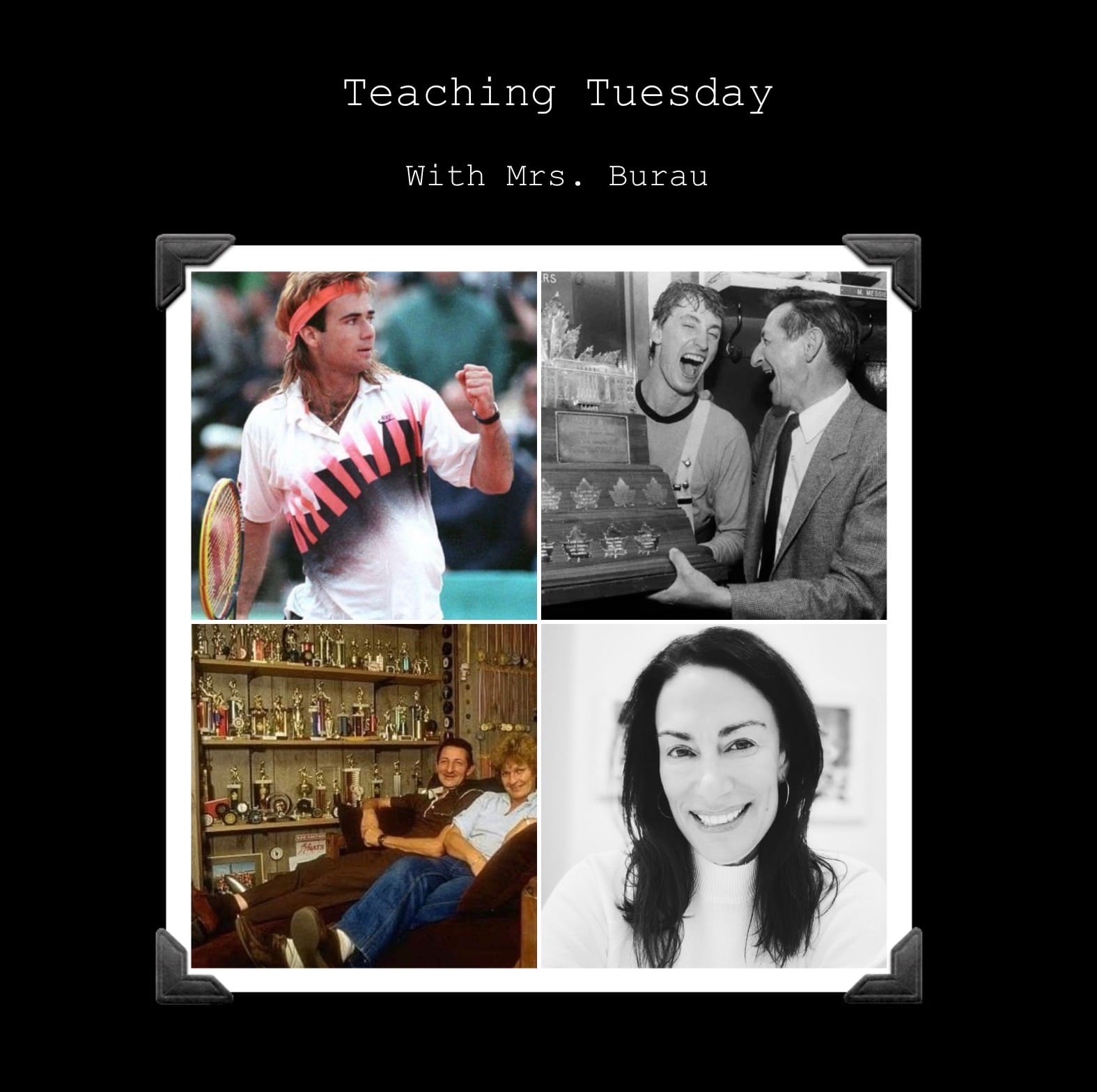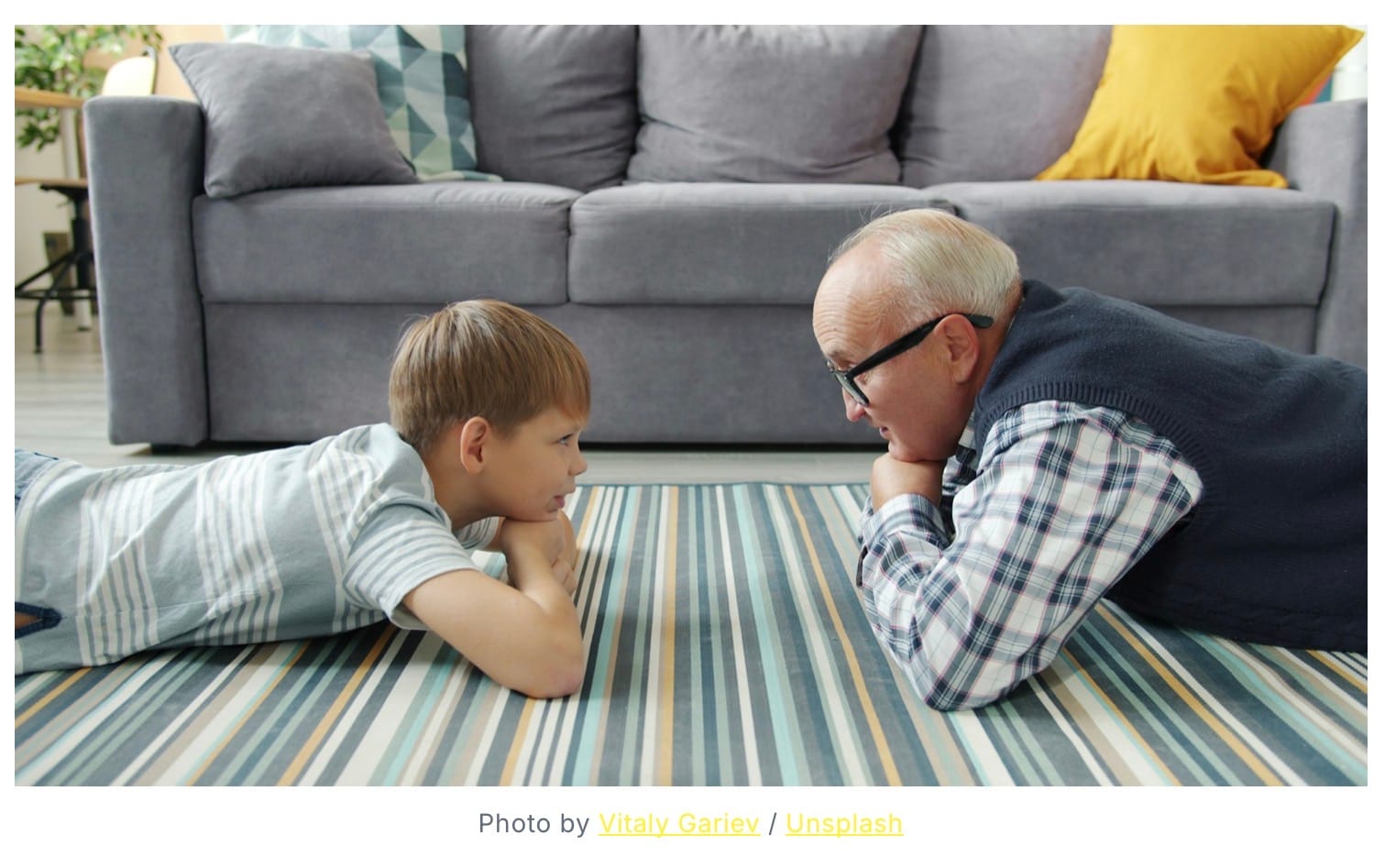Last week I heard an interesting study by Nielsen and Harper Collin’s UK, which found that Gen Z parents find reading to their children boring, therefore, they do a little of it with them. Now I know this is not every parent of young children but if you are one of these parents who aren’t ‘feeling it’, I’m going to try to understand why. Maybe it’s because you have grown up with the tech and a screen and video games, and the idea that for something to be interesting and exciting it needs to be colorful and moving. Seeing the time you grew up in, I can understand that. However, try to, for your children’s benefit, to set that aside and think about their developing mind. We now know the affects of too much screen time on the brain and development of a child. Too much, can lead to over stimulation and may cause a child to have less of an attention span. For a child to sit and listen to a story can be beneficial on so many levels:
- For a child to sit and listen to a story read to them, or a chapter of a book can help increase their comprehension. Stopping to ask questions along the way is a good way for them to think about what you have read and reflect and it gives you a chance to assess if they are paying attention. Asking questions may lead to them paying more attention to details.

- Reading to a child can increase their attention span. You don’t have to spend a long time reading to have good results in this area. For a preschool child, kindergartener or first grader, a picture book (a board book for toddler), think something like Good Night Moon, Alexander and His No Good Very Bad Day, etc. This is where to start. Stop when they are wanting more. This is just a few minutes. Next time, maybe you select a longer book. The following time, maybe a second book if you see the child is interested. Each time, the child will become more interested and be able to sit a little longer. Use intonation with your voice, whisper when necessary and lean in. Follow your instinct on this and you will see results. For older children, start with a chapter book (junior fiction or non-fiction) in an area of their interest. For boys, Matt Christopher or the Hardy Boys. For girls, the Laura Ingalls Wilder, Carolyn Haywood, Beverly Cleary are some authors I would reach for with our children. Ask you local librarian they’ll have some good suggestions or of course do a search on Amazon, Google or AI.
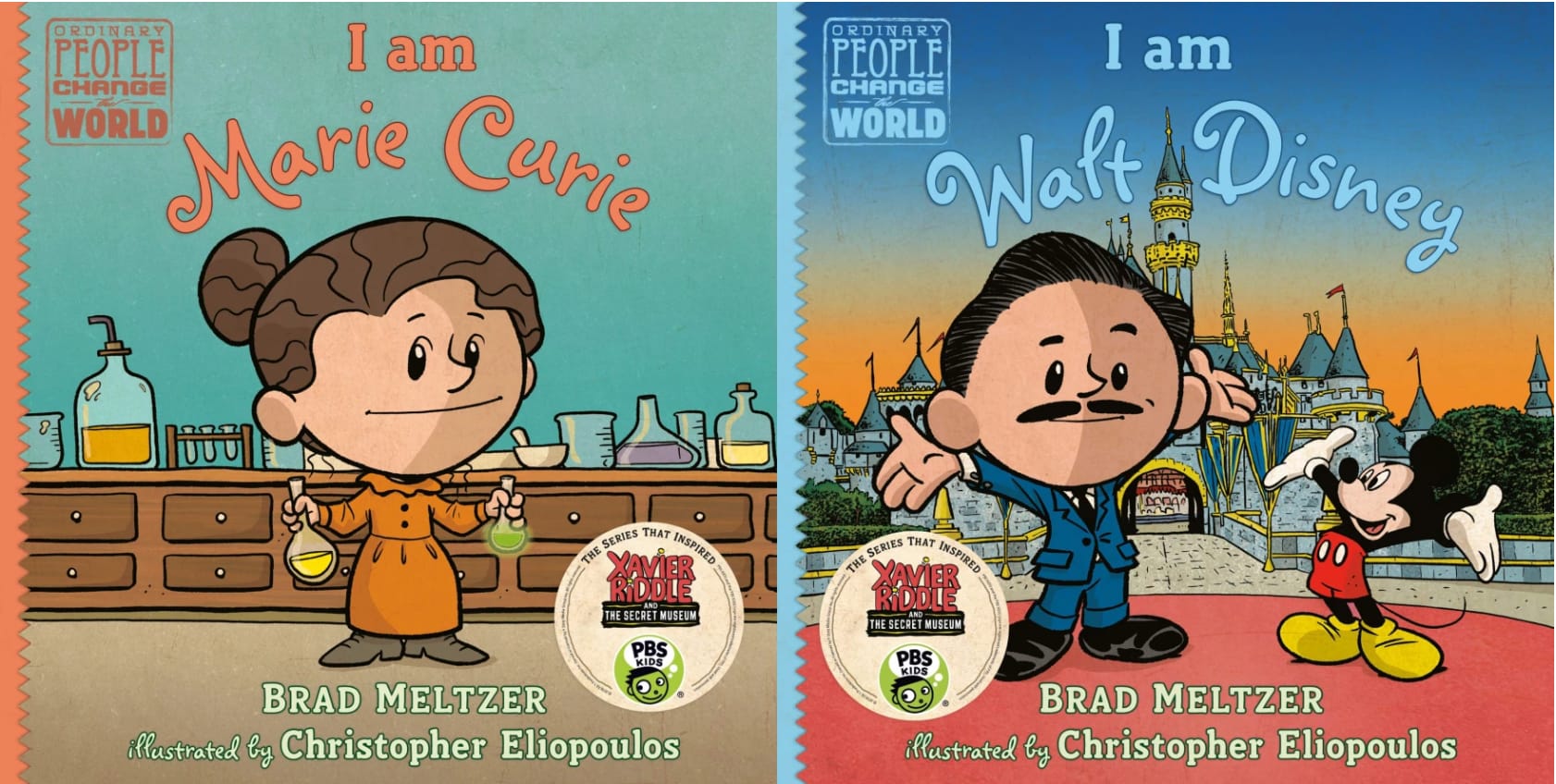
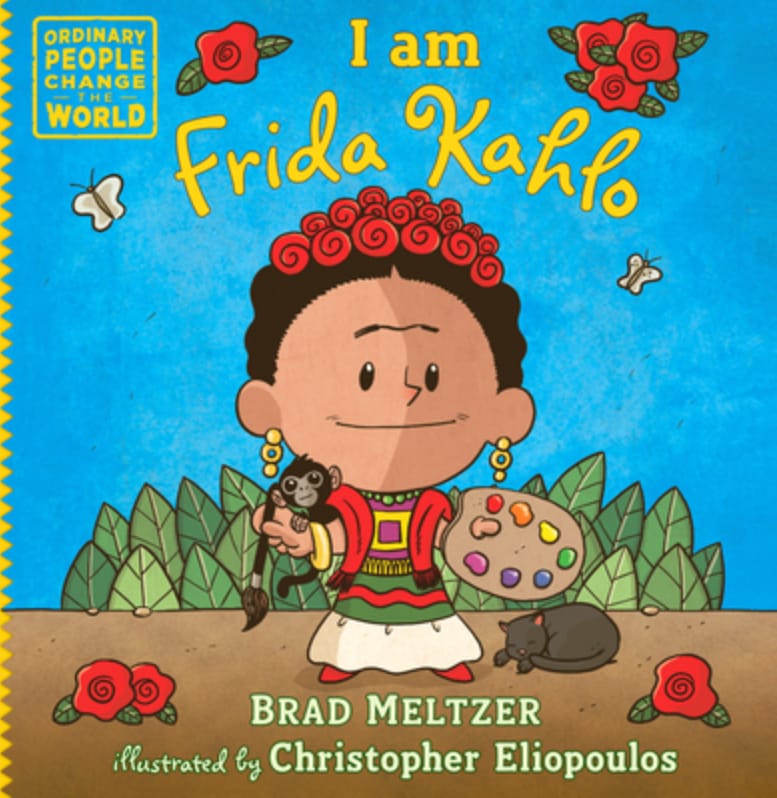
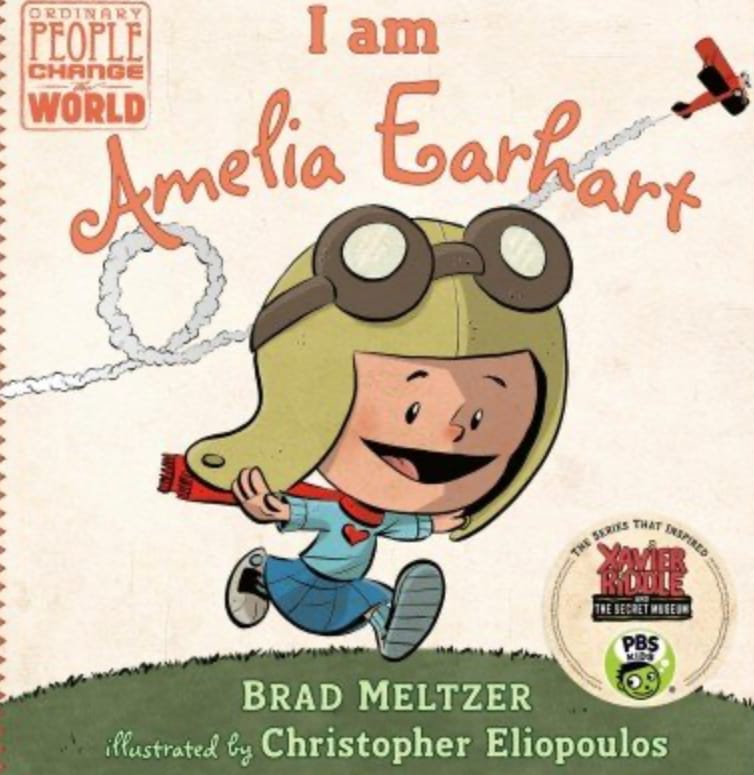
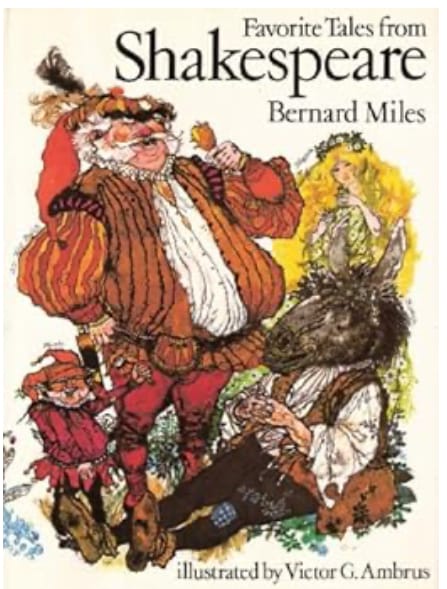
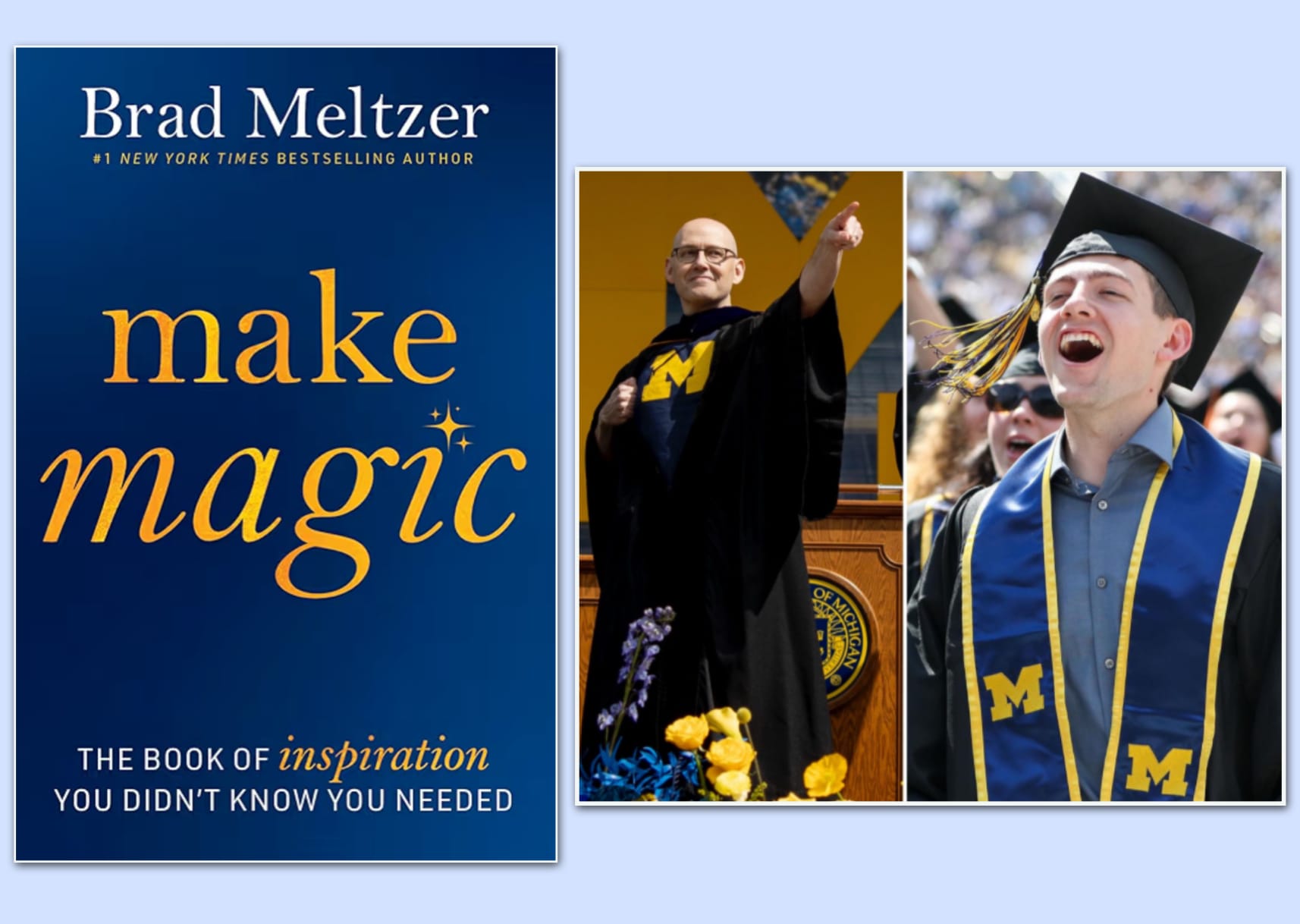
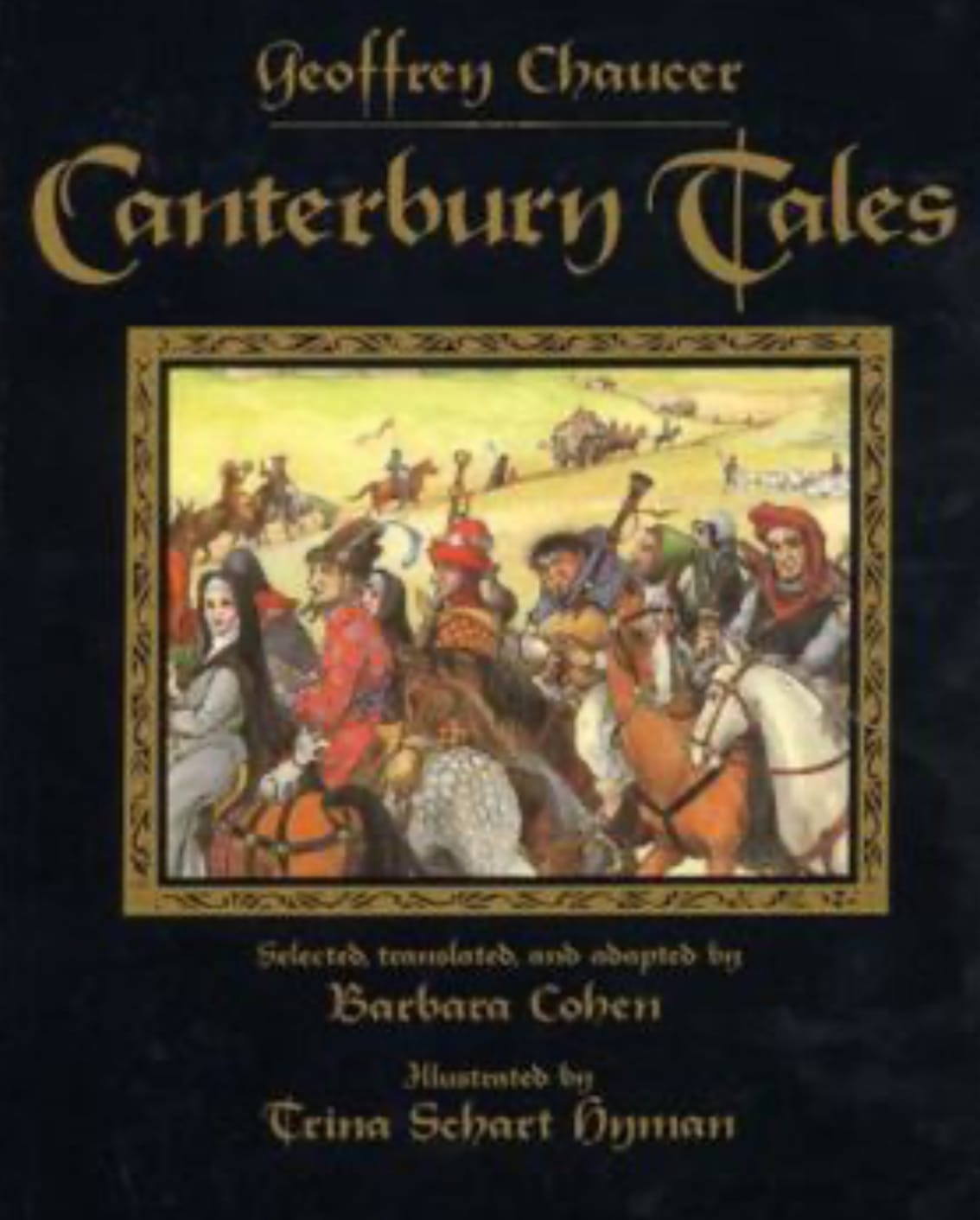
A few books that would be good possibilities for bedtime reading. For younger children, U of M alum, Brad Meltzer has a series of biography picture/story books. He also wrote a book on his notorious commencement address last year at graduation in the BIG HOUSE, a good read for teenagers (or yourself) and book that we usually think of for older children/adults, Shakespeare and Canterbury Tales. These two authors, Bernard Miles and Barbara Cohen have taken these classic stories, sans the old English. When I taught 3rd grade, I would read these to my students after they came in from the noon hour lunch recess. My children enjoyed hearing them at bedtime.
- Most importantly, this is time with your child. For you to have five to ten minutes at the end of the day where you ‘have an appointment with them,’ can be so beneficial. DO NOT HAVE YOUR PHONE WITH YOU, give them your undivided attention, answer their questions. When our children were growing up, bedtime story time occurred after baths and teeth were brushed. We would either sit out in the upstairs hallway or take turns telling the story in each child’s room, sitting on their bed. Sometimes it was their pick, sometimes our pick and sometimes it was a book we picked up from the library. I always did a little ‘commercial’ at the beginning, as in “This book is is by a very popular children’s author, Ludwig Bemelmans, He traveled between New York and Paris, he both wrote and illustrated the story. There is a restaurant in New York City with a room with murals that he painted.” Anything to give the child a little background information.
- Following story time, we then said prayers and we then would say goodnight to each child. Sometimes it was just a “good night” and sometimes when we said goodnight, it was an opportunity for a child to tell us if something was on their mind that was bothering them. When children have had your attention and feel that you are ‘tuned in‘ to them (as story time does), they may feel that they can more easily share a concern on their mind. Yet another benefit of story time.

To help inspire your children, consider a reading program. Most local libraries have some type of incentive program to get kids reading. Usha Vance, wife of Vice-President, J.D. Vance, has rolled out a program through the White House, here is the link to this program https://www.whitehouse.gov/read/ Or, set up your own incentive program with stickers, or rewards like an Advent calendar with ’carrot’ along the way. Set reasonable goals for your children, allow them time to enjoy a variety of summer activities.
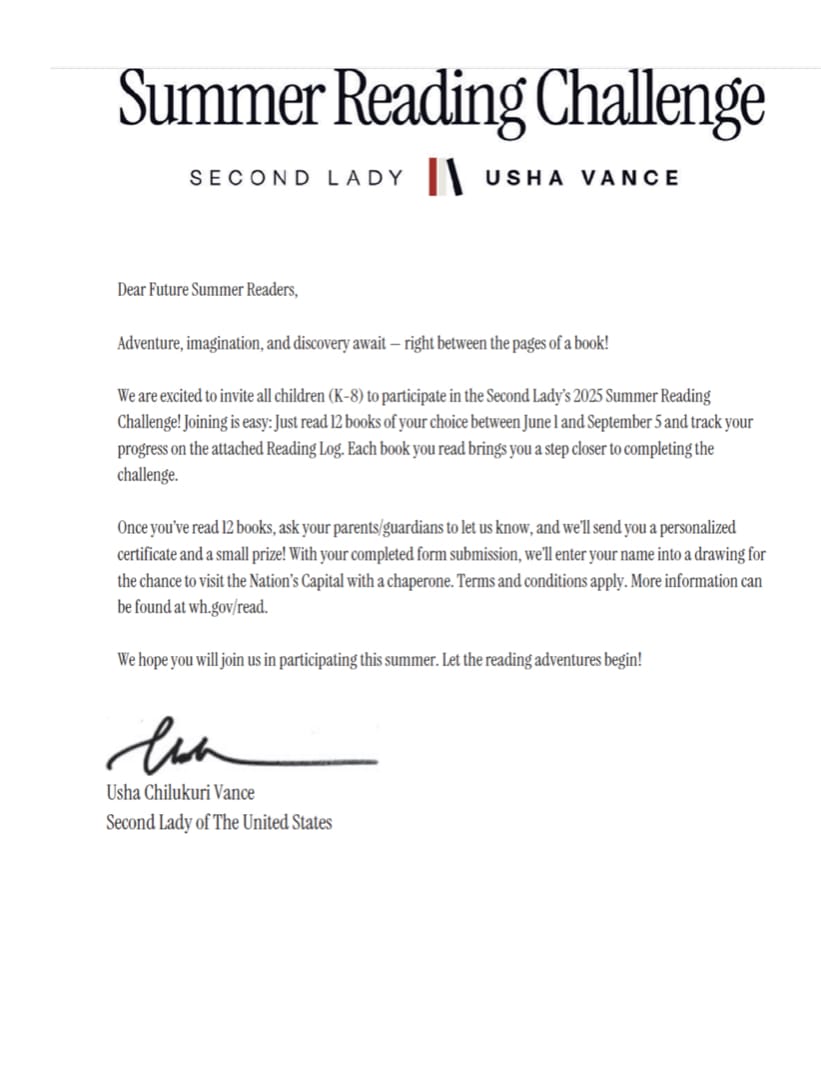
These are the main reasons. Of course, statistics show that children who are read to, are predicted to do better in school and on and on. What you are doing is communicating to your children that reading is important in your family and you are setting a foundation for life long learning. Everything they will do in school is based on reading, so setting a good reading foundation for your children will benefit them for a lifetime of learning. If your children are older, still read to them. Don’t you love being read to? I do. Select books that are on topics they are interested in. If they have an interest in a particular sport, find a good biography about an athlete they follow or an interesting athlete who made a big impact in that sport in the past who they may know nothing about. Don’t be surprise if you learn a thing or two or if you don’t have fun as well. It might even cause you to say, at the end of the day, after you read to your children…”You know what?
It was a Great Day!” 🍎





